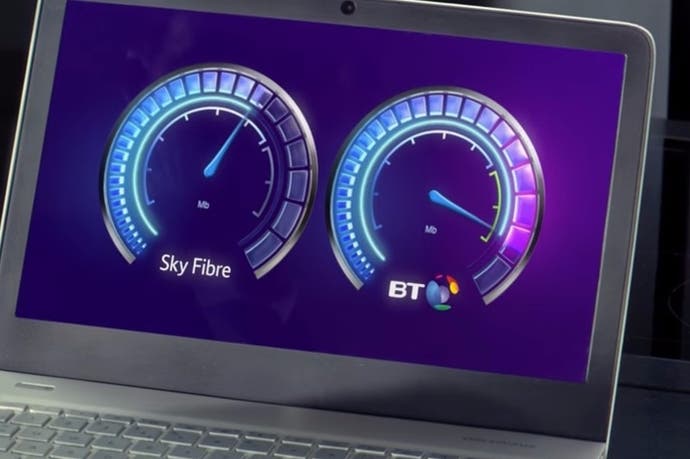New ruling forces ISPs to make their broadband speed ads more accurate
High fibre.
Ever sign up to a new internet service provider off the back of some eye-catching advertisement that suggests you'll get blistering download speeds, only to find in reality, most of the time you get nothing close to the advertised figure?
A major change to the way broadband speed claims are advertised is set to arrive in the UK, and it should make broadband speed adverts much more realistic.
The change forces internet service providers to more accurately advertise the broadband speed customers will get.
The Committee of Advertising Practice (CAP), which sets advertising guidelines for the Advertising Standards Authority (ASA), said numerical speed claims in broadband ads should be based on the download speed available to at least 50 per cent of customers at peak time and described in ads as "average".
Currently, we see advertised "up to" speeds should be available to at least 10 per cent of customers, which means only 10 per cent of broadband customers need to receive a headline download speed for providers to promote it in their ads, such as the below for BT Infinity.
CAP also ruled speed-checking facilities, for example those on ISPs; websites, should be promoted in ads wherever possible.
This ruling takes effect on 23rd May 2018 after a six-month implementation period, and applies to residential broadband services. It comes after research showed consumers are likely to be materially misled by the advertising of speed claims.
Colum McGuire, senior campaigner at consumer rights group Which? said he hopes today's announcement "will finally ensure people get a clearer idea of the speeds they could actually get in their home before they sign up to a new deal".
"Most people understand that their broadband will vary at different times but it's unclear what their expectations should be when they sign up to a new deal," McGuire continued.
"Under the current rules, if a provider says a customer can get 'up to' 24mbps with their package it's unclear whether this will be consistently or at 4am."
But what is peak time for broadband? Ofcom defines peak time as 8pm to 10pm for residential customers. CAP's ruling ensures the headline advertised speed is an average of what people can expect to get in their homes at peak times.










